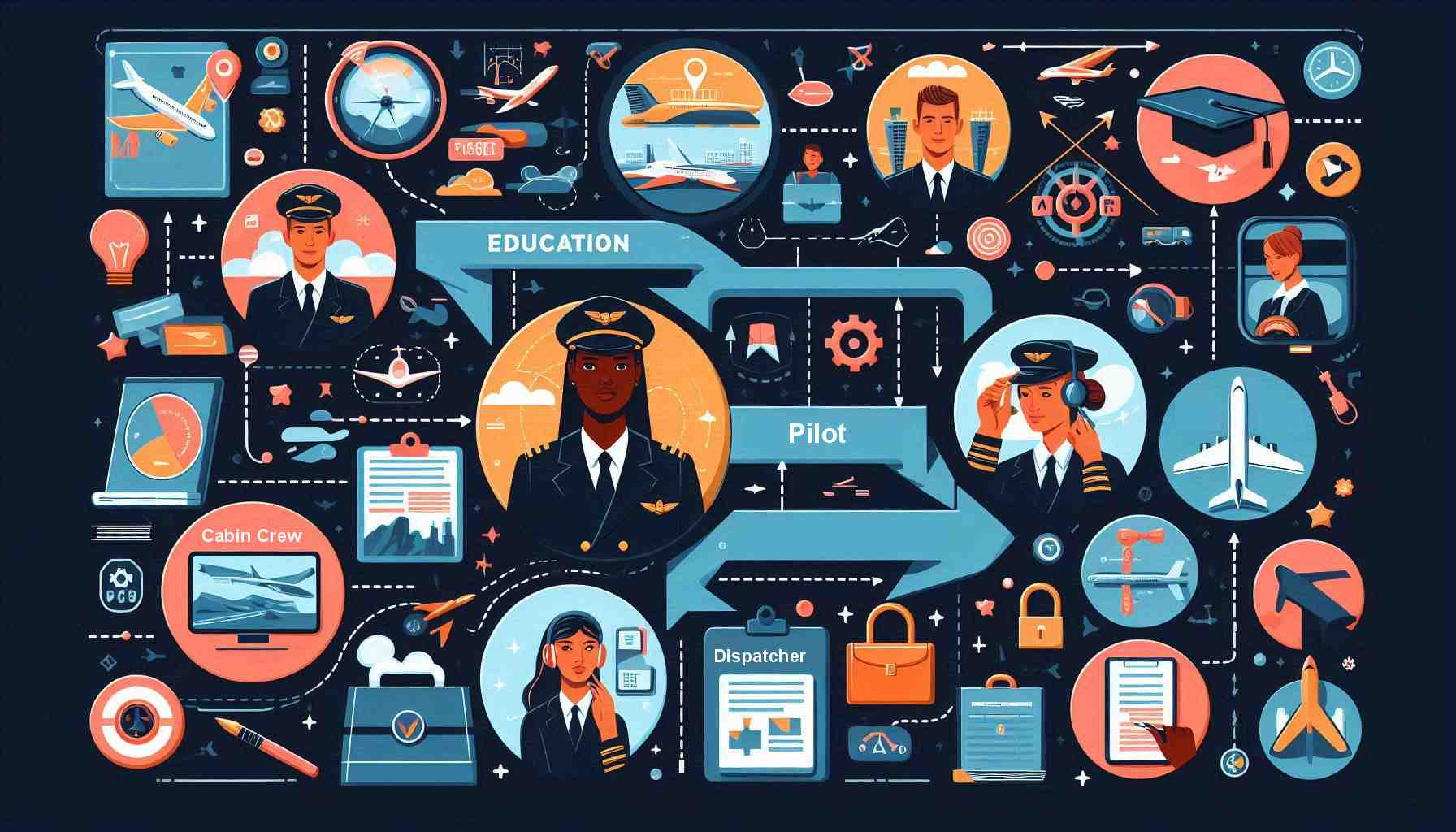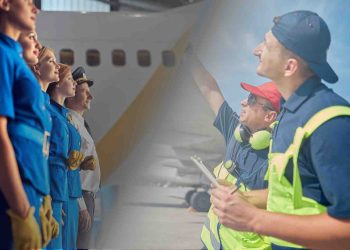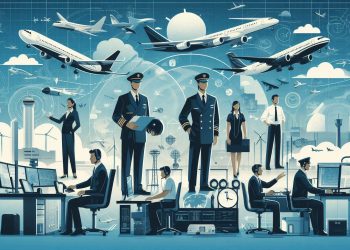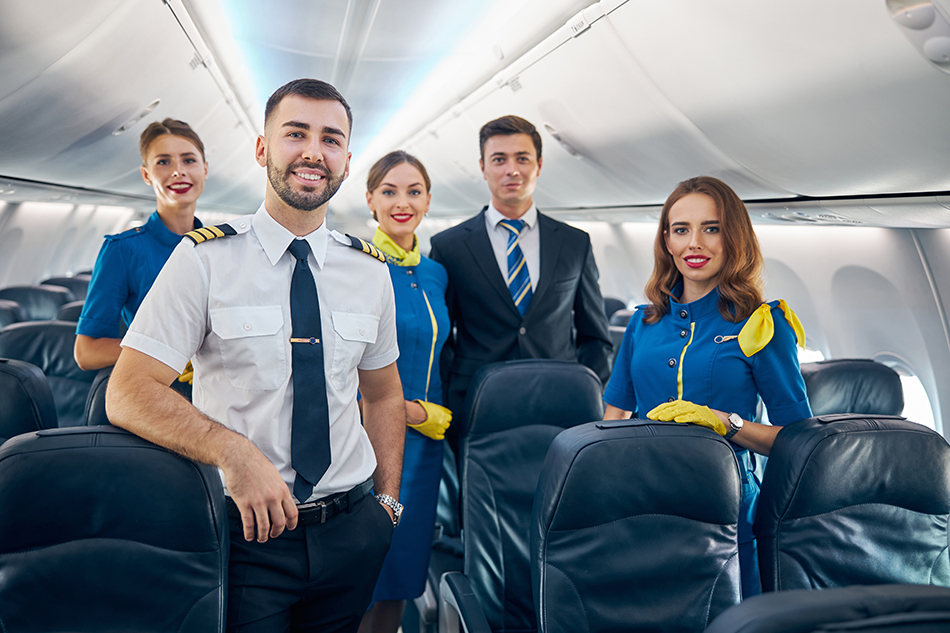How to Start a Career in Aviation: A Beginner’s Guide
The aviation industry is a thrilling and rewarding field that offers a wide range of career opportunities for individuals with diverse interests and skill sets. Whether you dream of becoming a pilot, an aircraft engineer, or an air traffic controller, starting a career in aviation requires careful planning, dedication, and the right guidance. In this beginner’s guide, we’ll walk you through the essential steps to launch your aviation career, the qualifications you’ll need, and tips to help you succeed in this high-flying industry.
Why Choose a Career in Aviation?
Before diving into the specifics, it’s important to understand why aviation is such an attractive career choice. The aviation industry is at the forefront of global connectivity, innovation, and technology. It offers:
- Global Opportunities: Work in different countries and experience diverse cultures.
- Job Stability: With the increasing demand for air travel, the industry is projected to grow significantly in the coming years.
- Competitive Salaries: Many aviation careers come with attractive pay and benefits.
- Exciting Work Environment: From flying planes to managing airport operations, aviation careers are anything but boring.
Step 1: Explore Career Options in Aviation
The first step to starting a career in aviation is to explore the various career paths available. Here are some of the most popular roles in the industry:
- Pilot
Pilots are responsible for operating aircraft and ensuring the safety of passengers and cargo. To become a pilot, you’ll need to obtain a Commercial Pilot License (CPL) or Airline Transport Pilot License (ATPL).
- Aircraft Maintenance Engineer (AME)
AMEs inspect, repair, and maintain aircraft to ensure they are safe for flight. This role requires technical expertise and attention to detail.
- Air Traffic Controller
Air traffic controllers manage the movement of aircraft in the skies and on the ground, ensuring safe and efficient operations.
- Cabin Crew
Cabin crew members, or flight attendants, are responsible for passenger safety and comfort during flights.
- Aviation Management
Aviation managers oversee the operations of airlines, airports, and other aviation-related organizations.
- Aerospace Engineer
Aerospace engineers design and develop aircraft, spacecraft, and related systems.
Step 2: Understand the Qualifications and Skills Required
Each career path in aviation has its own set of qualifications and skills. Here’s a breakdown of what you’ll need for some of the most popular roles:
Pilot
- Education: A high school diploma is the minimum requirement, but a degree in aviation or a related field can be beneficial.
- Training: Complete flight training at a certified flight school and obtain a CPL or ATPL.
- Skills: Strong communication, decision-making, and problem-solving skills.
Aircraft Maintenance Engineer (AME)
- Education: A degree or certification in aircraft maintenance engineering.
- Training: Hands-on training and apprenticeships are often required.
- Skills: Technical knowledge, attention to detail, and problem-solving abilities.
Air Traffic Controller
- Education: A degree in aviation or a related field is preferred.
- Training: Complete an air traffic control training program and obtain certification.
- Skills: Strong communication, multitasking, and decision-making skills.
Cabin Crew
- Education: A high school diploma is typically required.
- Training: Complete a cabin crew training program.
- Skills: Excellent customer service, communication, and emergency response skills.
Aviation Management
- Education: A degree in aviation management, business administration, or a related field.
- Skills: Leadership, organizational, and strategic planning skills.
Aerospace Engineer
- Education: A degree in aerospace engineering or a related field.
- Skills: Analytical thinking, problem-solving, and proficiency in engineering software.
Step 3: Pursue Relevant Education and Training
Once you’ve chosen a career path, the next step is to pursue the necessary education and training. Here’s how to get started:
- Enroll in an Accredited Program
Look for accredited institutions that offer programs in your chosen field. For example, if you want to become a pilot, consider enrolling in a flight school that is recognized by aviation authorities.
- Gain Hands-On Experience
Practical experience is crucial in aviation. Look for internships, apprenticeships, or entry-level positions that allow you to apply what you’ve learned in a real-world setting.
- Obtain Certifications and Licenses
Many aviation careers require specific certifications or licenses. For example, pilots need a CPL or ATPL, while air traffic controllers must complete a certification program.
Step 4: Build a Strong Resume and Network
A well-crafted resume and a strong professional network can significantly boost your chances of landing a job in aviation. Here’s how to get started:
- Highlight Your Skills and Experience
Tailor your resume to the specific role you’re applying for. Highlight your education, training, certifications, and any relevant experience.
- Join Professional Organizations
Joining aviation-related professional organizations can help you stay updated on industry trends and connect with industry professionals.
- Attend Industry Events
Attend aviation conferences, job fairs, and networking events to meet potential employers and learn about job opportunities.
Step 5: Prepare for the Job Market
The aviation industry is highly competitive, so it’s important to be well-prepared when entering the job market. Here are some tips:
- Research Potential Employers
Learn about the airlines, airports, or companies you’re interested in working for. Understand their values, culture, and job requirements.
- Practice Interview Skills
Prepare for interviews by practicing common questions and scenarios. Be ready to discuss your skills, experience, and why you’re passionate about aviation.
- Stay Updated on Industry Trends
The aviation industry is constantly evolving. Stay informed about the latest trends, technologies, and regulations to remain competitive.
Challenges and Rewards of a Career in Aviation
Starting a career in aviation comes with its challenges, such as long working hours, high levels of responsibility, and the need for continuous learning. However, the rewards far outweigh the challenges. Aviation professionals enjoy competitive salaries, job stability, and the opportunity to work in a dynamic and globally connected industry.
Conclusion
Starting a career in aviation is an exciting journey that requires careful planning, dedication, and the right guidance. By exploring your options, pursuing the necessary education and training, and building a strong professional network, you can successfully launch your career in this high-flying industry.
Image Suggestion:
- A chart showing the step-by-step process to start a career in aviation.
- A photo of a pilot in training, an aircraft maintenance engineer at work, and a group of cabin crew members.






